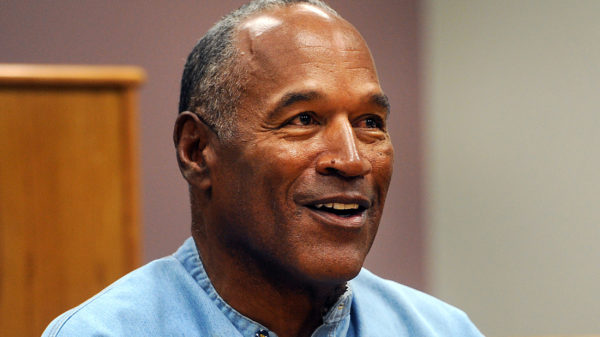
The political satirical show XYZ aptly compared the university student of the 90’s and the student of the 21st century. A lot has changed since the days when student activism was at its peak, invariably impacting national issues. Today’s student leader is more concerned about making money and selling allegiance to the highest bidder. So what has changed? Audrey Kathambi takes a critical look at the ‘death of comrade power.’
According to the English dictionary a comrade is a close friend, or associate or a companion. One of our lecturers once said that when she was in university, everyone was referred to as “fellow comrade.” Yes that includes strangers.
The question that came to mind is ‘why don’t my fellow companions refer to each other the same way? Why do we pass each other and act like we have never met?’ Perhaps it is the simple nature of the changing times and environment.
In some universities, you spend a significant percentage of your time with the same individuals from day one. However, in others, you find that classes changes and so do people. After a few semesters, you lose contact with your first-year buddy. You’re never too sure if to say hello and if you do, would they respond?
For most, time is nothing but a useless passing moment while others take a stand to what they believe is right.
At the University of Nairobi, for instance, when a student dies in unclear circumstances, the rest of the world stops and they fight for the truth and hopefully in the end, the family of the deceased may get answers or justice. The loudest cheer that can be heard is “comrades”. In other Universities when a student is expelled unfairly the students stop once again and begin to shout!
Though some people may argue that this is disruptive behavior, one can’t help but think about the beauty in the students that are able to help, fight and protect each other in times of need.
Meanwhile, in USIU, students carry on with their days despite the death of a fellow student. This could be due to the way their environment is rather than the nature of the students. Someone else would argue that their value on time is more than that of others. While others would argue that it’s the selfish, elitist environment in which most students live in. Therefore it’s every man/woman for themselves.
However on 24th January students were caught helping each other when the local pub was raided by the police. While some students were harassed and arrested others managed to escape. Those that were escaping managed to help those who couldn’t.
Students helped strangers to go over the fence while other hid other students in their rooms of residence. Other students were taken aback by that level of ‘comradeship’ previously unheard of at the school. The rare show of kindness din’t stop there as students kept each other company and stood by each at the police station. But Some would argue that the students still don’t deserve the right to call each other comrades mainly due to this version of comradeship.
The reason for the different views may be due to the diverse views people have in terms of time and freedom. Some may feel they do not have the time to fight over certain issues while others may say that time is not an issue.
Freedom may mean exemption from external interference, regulation and otherwise to some while others may view as something else. These elements and their importance to individuals could be examined further in order to determine why some universities behave in the way they do. It could also be the element of attitude meaning attitude determines behavior.
But the questions remain; have students become less cohesive or are we a reflection of a society that is more individualistic? Do students really care about each other or are they passing time as individuals while trying to fit in through peer pressure? Would the police dare to take such action at UoN, KU or any of the public universities?








































